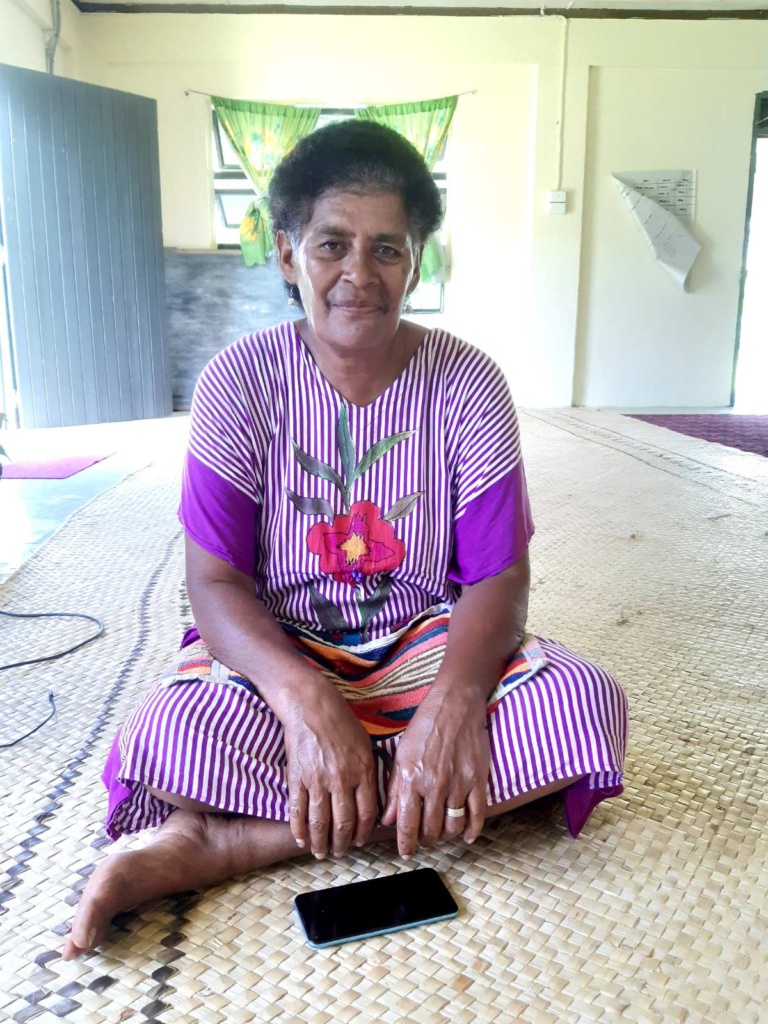In partnership with DFAT’s (Department of Foreign Affairs and Trade) and Water for Women, Habitat for Humanity Australia and Habitat for Humanity Fiji are working on improving Water, Sanitation and Hygiene services in Fiji through the Water for Women project. Habitat for Humanity Australia is pleased to be able to support and contribute to this project. The Water for Women project strengthens community resilience and inclusion. Community members are involved in the design of the project, which aims to increase fair access to WASH for 50 communities. Over 4.5 years, this project will address the WASH needs of those most marginalised in Fijian communities, most vulnerable to natural hazards and climate change. Through this project, women and girls, people with disabilities, and people from the LGBTIQ+ community will be the drivers of WASH in their communities, becoming actively engaged in WASH technical roles, WASH governance structures and management and behaviour change.

Habitat works on a range of projects throughout Fiji including disaster response and recovery through repairs and temporary housing when needed, construction or improvement of water and sanitation systems in rural and remote areas, and disabled access housing projects. In the financial year ended June 30, 2017, Habitat for Humanity Fiji has helped more than 4,500 families through disaster response and over 2,000 families in more than 55 communities through water and sanitation improvements and built over 1,350 new houses to date.
Most communities and schools in Fiji are facing water problem all year round which leads to the poor sanitation and more diseases epidemic breakout in the region. With the help of Habitat for Humanity Australia as an implementing agency, the Water for Women project will be implemented in the period of four and half years in the province of Ba and the province of Ra on the western side of Fiji. “The project is expected to have a positive impact on the quality of life of rural citizens, but especially women, children and the most vulnerable, and to bring about a major reduction in people affected by water-borne diseases in rural areas.” – Masi Latianara, National Director Habitat for Humanity Fiji.

